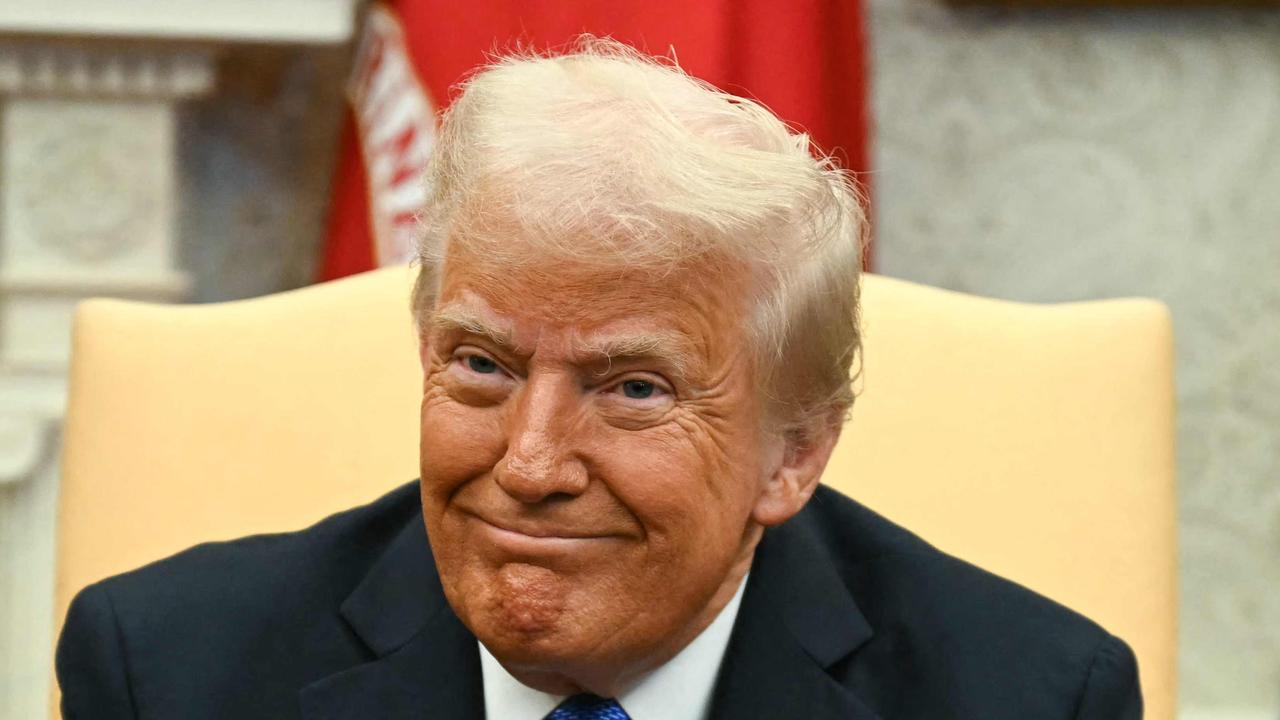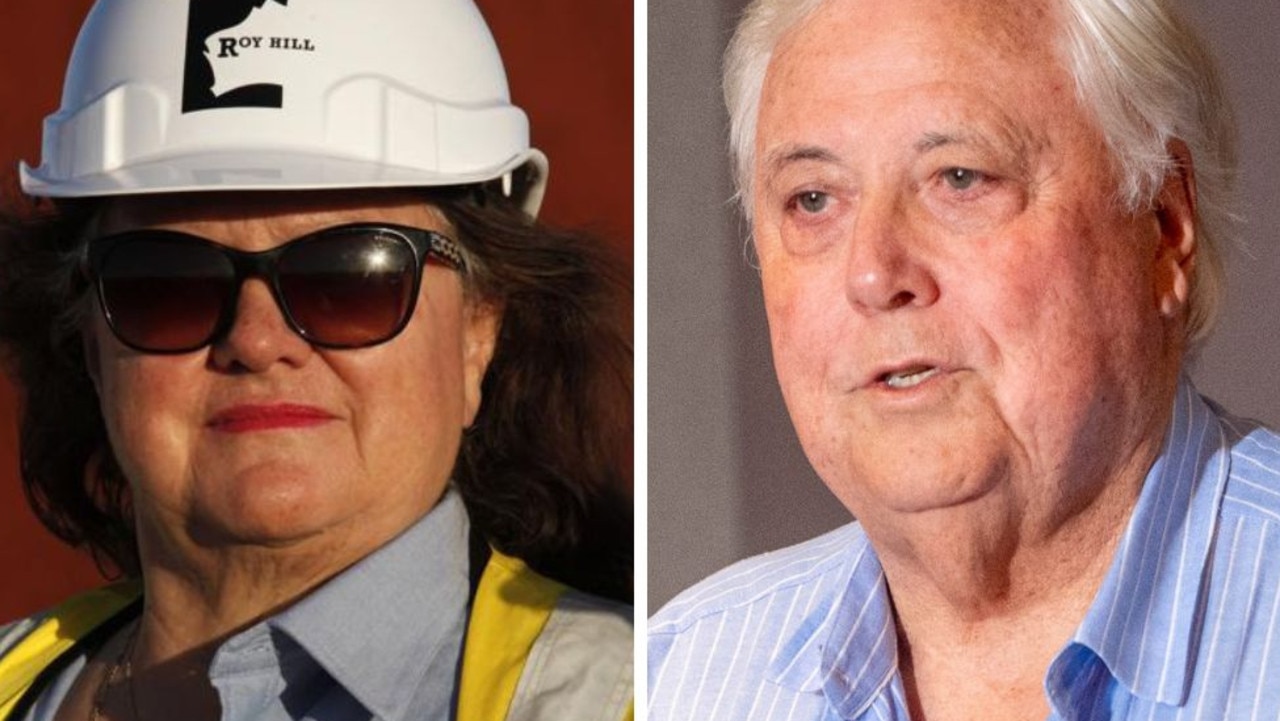National security COAG meeting: Australian airports to get facial recognition software
AUSTRALIAN airports will have anti-terror facial recognition software as early as next year after the PM secured the support of state and territory leaders.
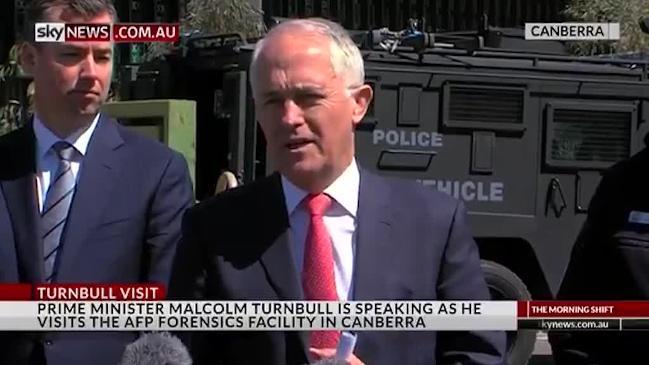
AUSTRALIAN airports will have facial recognition software as early as next year after Malcolm Turnbull secured the support of state and territory leaders to introduce a raft of new counter-terror measures today.
State Premiers and Chief Ministers were quick to agree to all of the measures on the table at the national security summit in Canberra with the meeting lasting less than two and half hours.
That included agreeing to allow federal authorities access to driver’s licence photos to enable the facial recognition software to be established.
They also agreed to make it a criminal offence to launch a terror attack hoax or to possess material on how to undertake a terror attack.
Queensland Premier Annastacia Palazszcuk called for the biometric data sharing to be in place as soon as possible so the facial recognition software could be in place for the Commonwealth Games.
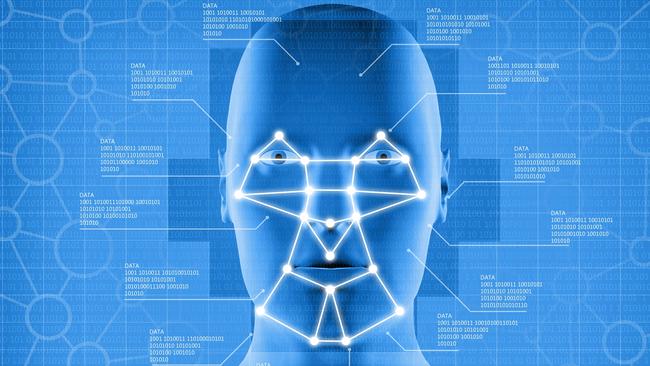
Under another measure that was agreed upon, extremists could be detained for questioning for up to 14 days without charge.
Prime Minister Turnbull announced another summit would be held in 12 months, reiterating that there was no room for “set and forget” on national security laws.
He clarified in a press conference following the summit that the facial recognition software would not automatically scan CCTV in real time for people identified as threats.
Rather it would allow security officials at venues, such as airports, to check images of people they wanted to know the identity of through a system that would be able to access drivers’ licence photos, visa, and passport photos.
Law enforcement officer were already able to check state held photos eventually, but not instantly.
“It shouldn’t take seven days to be able to verify someone’s identity or seek to match a photograph of somebody that is a person of interest — it should be able to be done seamlessly in real time,” Mr Turnbull said.
Justice Minister Michael Keenan told Sky News there was nothing new about the process - it would only speed up the current manual access.
.@MichaelKeenanMP: These security changes will 'bring security into the 21st century.' #auspol MORE: https://t.co/21oEdeE6QQ pic.twitter.com/34wpqRvIsG
— Sky News Australia (@SkyNewsAust) October 5, 2017
Earlier today, state premiers signalled their support for the measures, saying public safety was more important than civil liberties.
“Notional considerations of civil liberties do not trump the very real threat, the very real threat of terror in our country today,” Victorian Premier Daniel Andrews told reporters outside Parliament House.
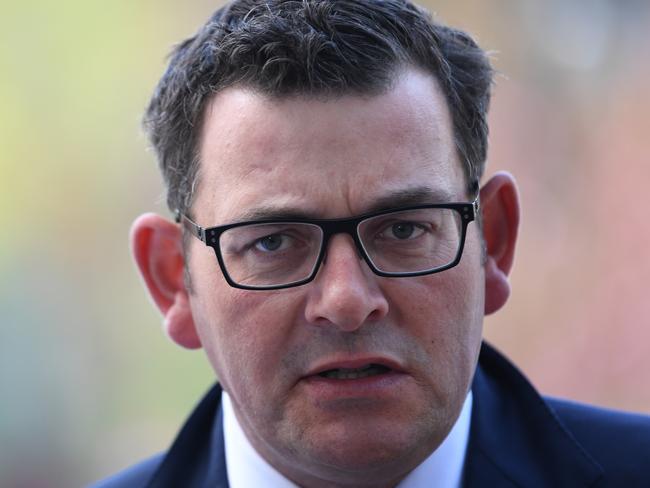
“We are going to have to curtail the rights and freedoms of a small number of people in order to keep the vast majority of Australians safe,” he said.
Commonwealth government leaders did not have the “luxury” of considering “thin end of the wedge” talk about protecting civil rights in the current environment, Mr Andrews said.
NSW Premier Gladys Berejiklian agreed, saying: “All of us are having to reconsider our civil rights and compromise on those things but I think the vast majority of the public wants us to put security first.”
“They appreciate that, because of the unusual circumstances and unfortunate circumstances in which we find ourselves, that we have to resort to these laws,” she said.
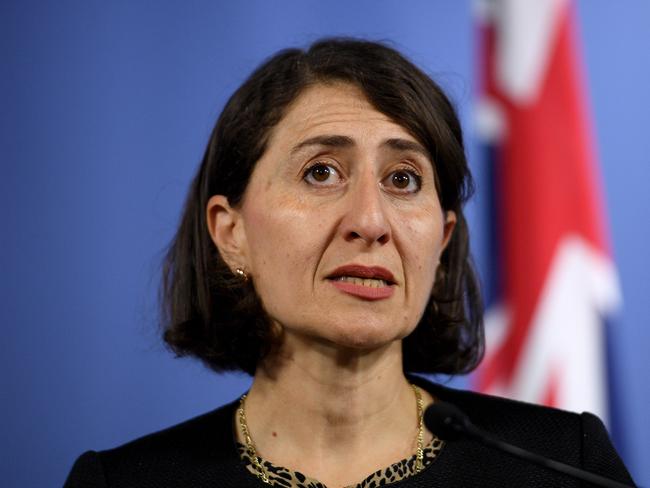
Extremists would be detained for questioning for up to 14 days without charge under another proposal on the table at the Council of Australian Government’s meeting today.
Federal and state leaders will also consider making it an offence to launch a terror attack hoax or to possess material on how to undertake a terror attack.
Tasmanian premier Will Hodgman noted the states were not handing over databases of drivers’ licence photographs to the federal government, but were providing access.
“That will not only ensure greater security measures are in place but will also assist local jurisdictions in law enforcement in preventing crime and keeping local communities safe,” he said.
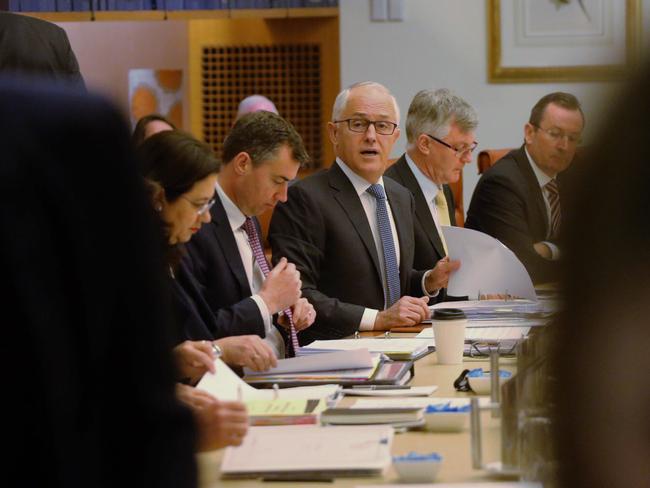
Mr Hodgman said the nation needed to adapt to the “uncertain times” and “new world order”.
“We need to ensure that our nation, its law enforcement agencies, its governments are ahead of the game and that includes, on occasions, needing to put private concerns and privacy concerns alongside protecting our communities and keeping them safer,” he said.
Queensland Premier Annastacia Palaszczuk highlighted the importance of the new safety measures being in place for the Commonwealth Games.
The premier said Queenslanders would be comfortable with CCTV cameras scanning the crowd and anyone attending the games having their ID profiled.
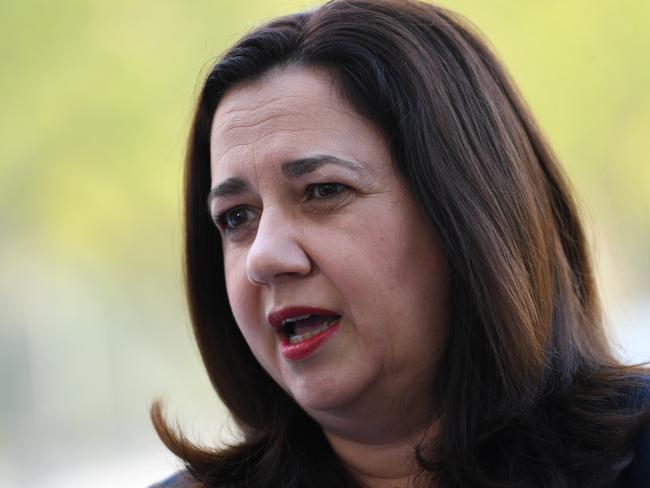
“This is about stopping any prospect of terrorism and it is ensuring that thousands of people are safe at the Games so I support whatever measures are needed — surveillance, added security — and as I said, the Prime Minister is co-operating with us in relation to those matters,” she said.
A proposal this morning by federal Opposition leader Bill Shorten to extend the national gun amnesty to the end of the year in the wake of the Las Vegas massacre would also be considered. Northern Territory chief minister Michael Gunner said.
Mr Shorten has also called for the Turnbull government to consider a lifetime prison sentence for gun smugglers who bring illegal weapons into Australia.
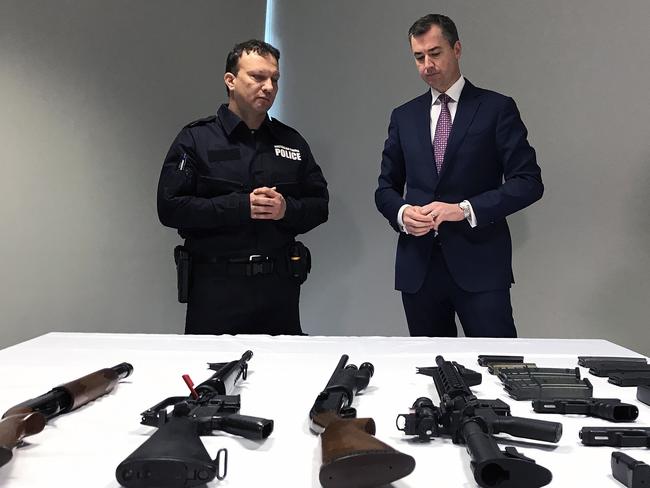
“Law enforcement experts estimate there are up to 600,000 illegal guns on our streets,” Mr Shorten said.
“This is just far too many. And research has shown there are more guns in Australia now than prior to Port Arthur. We need more action to get guns off our streets and throw gun runners in prison for life.”
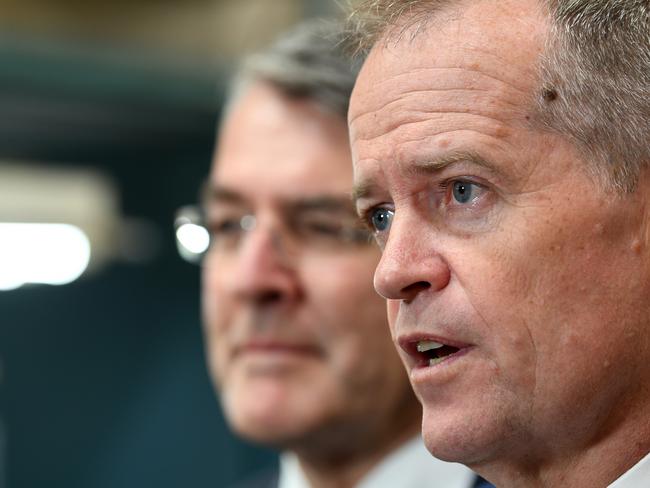
Mr Turnbull told reporters after the summit that if Labor was serious about tougher gun control it would reconsider opposing mandatory sentences for people convicted of gun smuggling offences.
He said gun control laws were not discussed at the summit.

